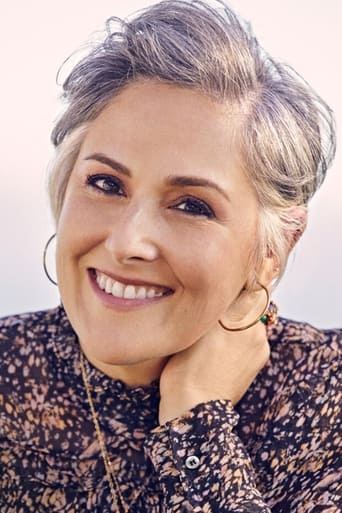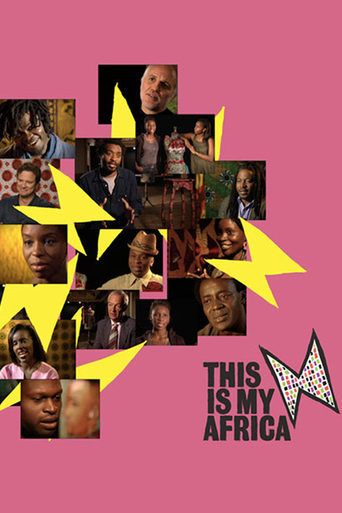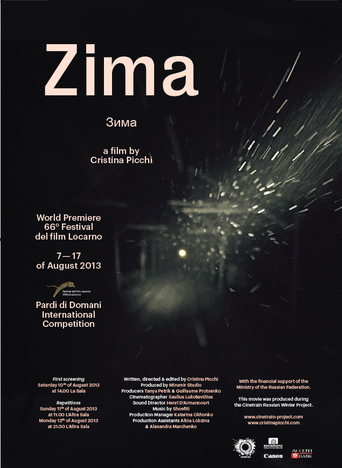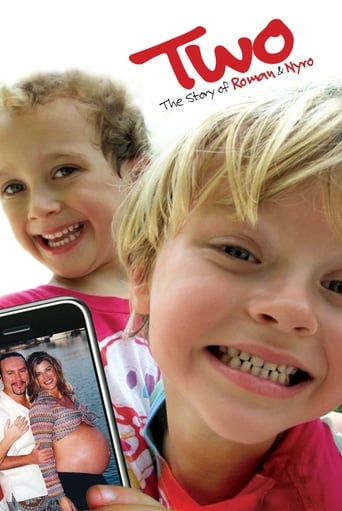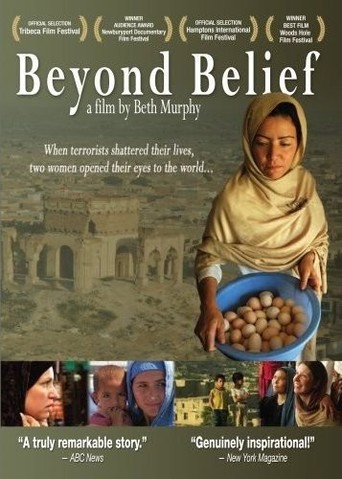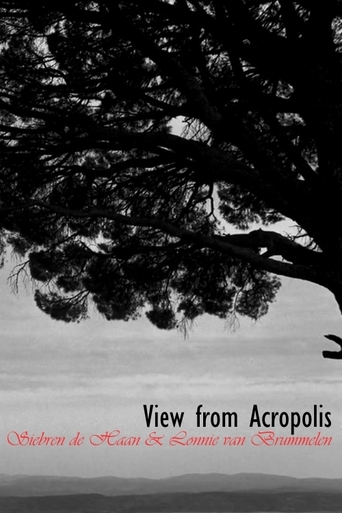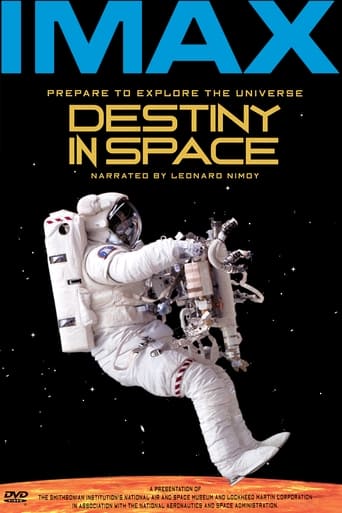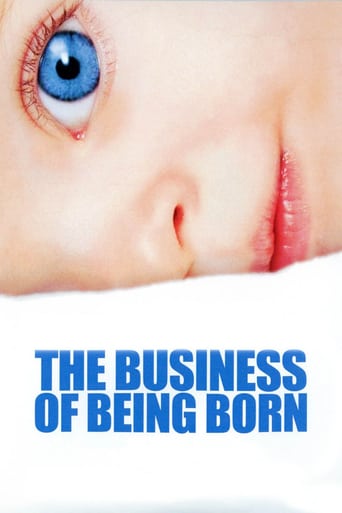
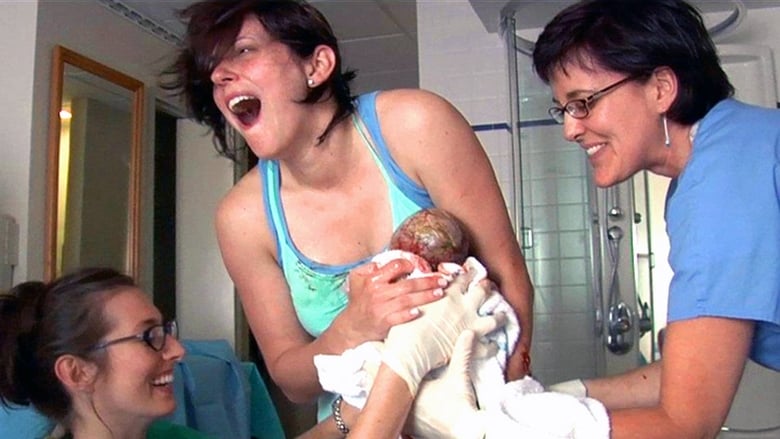
The Business of Being Born (2008)
Director Abby Epstein's controversial documentary takes a hard look at America's maternity care system, juxtaposing hospital deliveries against the growing popularity of at-home, natural childbirths that some expectant parents are opting for. Former talk show host Ricki Lake was inspired to produce this compelling exposé after a dissatisfying birthing experience with her first child left her with many unanswered questions.
Watch Trailer
Cast
Similar titles

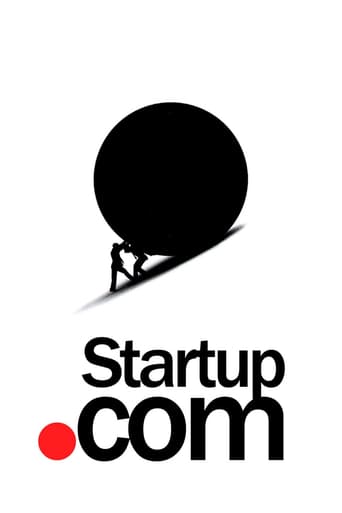
Reviews
everything you have heard about this movie is true.
Captivating movie !
A terrific literary drama and character piece that shows how the process of creating art can be seen differently by those doing it and those looking at it from the outside.
There are moments that feel comical, some horrific, and some downright inspiring but the tonal shifts hardly matter as the end results come to a film that's perfect for this time.
This documentary discusses a severely bias view of obstetrics and the medical side of birthing babies. While I don't completely disagree with some of the softer points made about the over-engineered process that takes place currently in North American Obstetrics wards, I found this film to be completely one-sided and quite presumptuous and almost cruel at some points.I must say that I was so turned-off by the incomplete, inequitable research done, that I turned the film off at one point. I felt a line was crossed when the film started to become so extreme as to say that c-section babies are not as loved by their mothers due to the lack of oxytocin that is released during the birthing process. Had the filmmakers chosen to dive into the lives of folks who had had c-section births, they would have found this to be a profoundly inaccurate and downright ignorant declaration. Perhaps my review of this film is biased, having given birth by c-section, and this caused me to be extremely offended by the film, for I felt that my love for my child was being debated.So while the film makes a few valid points regarding today's North American hospitals when it comes to labour and delivery, I would watch with a keen eye for insufficient research and unsupported arguments.
Informative? Sure. Gives a new perspective on a broken system? Definitely. Entertaining? Er ...not really.After talk-show host Ricki Lake experienced a bad childbirth in-hospital, she decided to try a midwife, and thus THE BUSINESS OF BEING BORN was ...um ...birthed. I can't help but think that some of this (not all) was a ploy by Lake to put herself back in the public eye; specifically, the movie industry. Although this is strictly a documentary, and other actors support various causes (from freeing Darfur to Tibetan independence), this one felt a bit more forced.The reason I say this is that the entire documentary was exceptionally boring and exceptionally lopsided. I work in the medical field (as an RN) but not in an Obstetrics setting. I can, however, vouch for the terrible cost of healthcare and some of the impersonalness of those giving it (as this documentary pointed out). I've heard doctors talking about "tee times" on the golf course and the need to "get home by dinner," so time is a big factor for physicians (the film pointed out that C-section deliveries peek at 4pm just prior to dinnertime and again at 10pm so doctors can get home to bed). Be damned whether the patient needs a C-section or not, doctors force the decision so that they can "get on with their lives." Cut and run! Even with its interesting take on the care of OB/Gyn patients in the U.S., the film never delves outside of the States even though certain statistics are presented (including telling us that the infant mortality rate in the U.S. is one of the highest amongst developed countries). I would've liked to have seen at least one interview with a Japanese midwife or a European midwife, and have them show us how their system works. But we're never give the opportunity to see this for ourselves.The boring nature of the film is that it never really finds its focus. Although the title of it is The Business of Being Born, it focused more on the plight of midwives and their care of expectant mothers at home or in midwife clinics. We drive around with midwives, trot down the road with midwives, listen to midwives talk on the phone to patients, and get to watch a couple of in-home births. Then we start the entire process over again.And there's also a brief and confusing stint in which we learn one of the film's producers is pregnant and trying to decide on prenatal care.All-in-all it's an informative story, but one that might cause a few too many yawns.
This film is full of life: humor, elation, disappointment, and the full range of emotions that the birthing experience provides. It is inspirational to women and partners and allows them to view different births including the preparation. These hip, smart and endearing city women and partners allow the viewers to share an important time of their life. Giving women more choice in their ideal birthing experience spares them from being surprised by the reality of hospital births. The lack of support in the United States for birthing families is surprising. This film is supportive, courageous and dares to challenge ignorance in the delivery room.
This movie is terrific. I had my doubts when I learned it was produced by and starring Ricki Lake, I admit. But it is sensitive, interesting, intellectual, captivating, and incredibly moving. It was not manipulative, but by the end, the entire audience was in tears.The most important thing about this film is that it shows the public what birth can be, for both the mother and baby. You see several homebirths, nothing too intimate (unless you consider the incredible post-birth high that somehow permeates the screen and affects the viewer, to be too close for comfort). No dilating vaginas or body fluids, sorry to disappoint. But what it does show is something that almost no one, especially not doctors (I am one), get to see. A natural birth with no intervention where things go right. Shocking! In my medical training, I attended hundreds of births. I probably saw one or two with no medical intervention in the hospital. My hospital birth was normal, with no problems, but I had interventions despite having told my OB (and mentor) that I didn't want any.It does not idealize birth per se, except by showing how simple birth can be without medicalization. But the volunteers of this midwife to be filmed were not excluded if there is a problem; one of the births requires transfer so you see how that is handled as well.The film educates people about the history of birth in this country, how things are done in other countries including Europe, and shows statistics about birth (there are more than they include in the medical literature) that will probably surprise a lot of people.I wouldn't say that the film is about Ricki Lake. She shows up here and there, and yes, she gives birth, but there are so many women followed here, and so many experts in birth interviewed.Dr. Michel Odent is one of them. He is a French OB/Gyn who attends homebirths. He has done considerable research on birthing, and has written multiple very intelligent books about it. He brings up the idea that when a rat or a monkey has an epidural or C/S, they will not bond with their babies. They will not breastfeed, they will not mother them, they do not care for them. There will be no natural hypothalamic oxytocin release, which causes a release of norepinephrine, dopamine, prolactin, serotonin, that prepares a woman not only to breastfeed but to bond. The oxytocin release in this situation will never be replicated, even if the women breastfeeds or does infant massage (which both do cause oxytocin release but not in the same amounts as if you start off with this kick-off). As breastfeeding lowers breast cancer rates in women in a dose related fashion, oxytocin release over time is associated with a certain calm, lower levels of stress, but actually is dose-related to lower levels of stroke and heart attack in the mothers. So it is a long-term benefit of natural birth. This is touched upon in the film, among many other interesting facts.It is not surprising to discover that doing things the way women are created to do them benefits both the mother and baby in so many different ways. Part of why this movie is so important is that it challenges the notion that man-made is better than the intricate design of man from God or evolution or however you want to approach it. Many people may not subscribe to it when it is stated like that, but in the food we eat, the we feed our babies, the way we grow our food, the chemicals we use in the environment, and the way we birth our babies, we are saying that every single day.Common sense says that man-made leaves a lot to be desired. Science is proving this every day, in research about omega-3 requirements in neurological and other conditions, in breastfeeding and oxytocin literature preventing cancer/heart attack and stroke, to the benefits of breastmilk for babies. This movie is a peek into how doing things as nature intended is BETTER.I don't feel I am exaggerating when I say that this is one of the most important films of these times for both men and women. Everyone should see it. You may not decide to have a homebirth afterwards, but you will walk out better educated about birth and what is happening in the hospital when you give birth.

